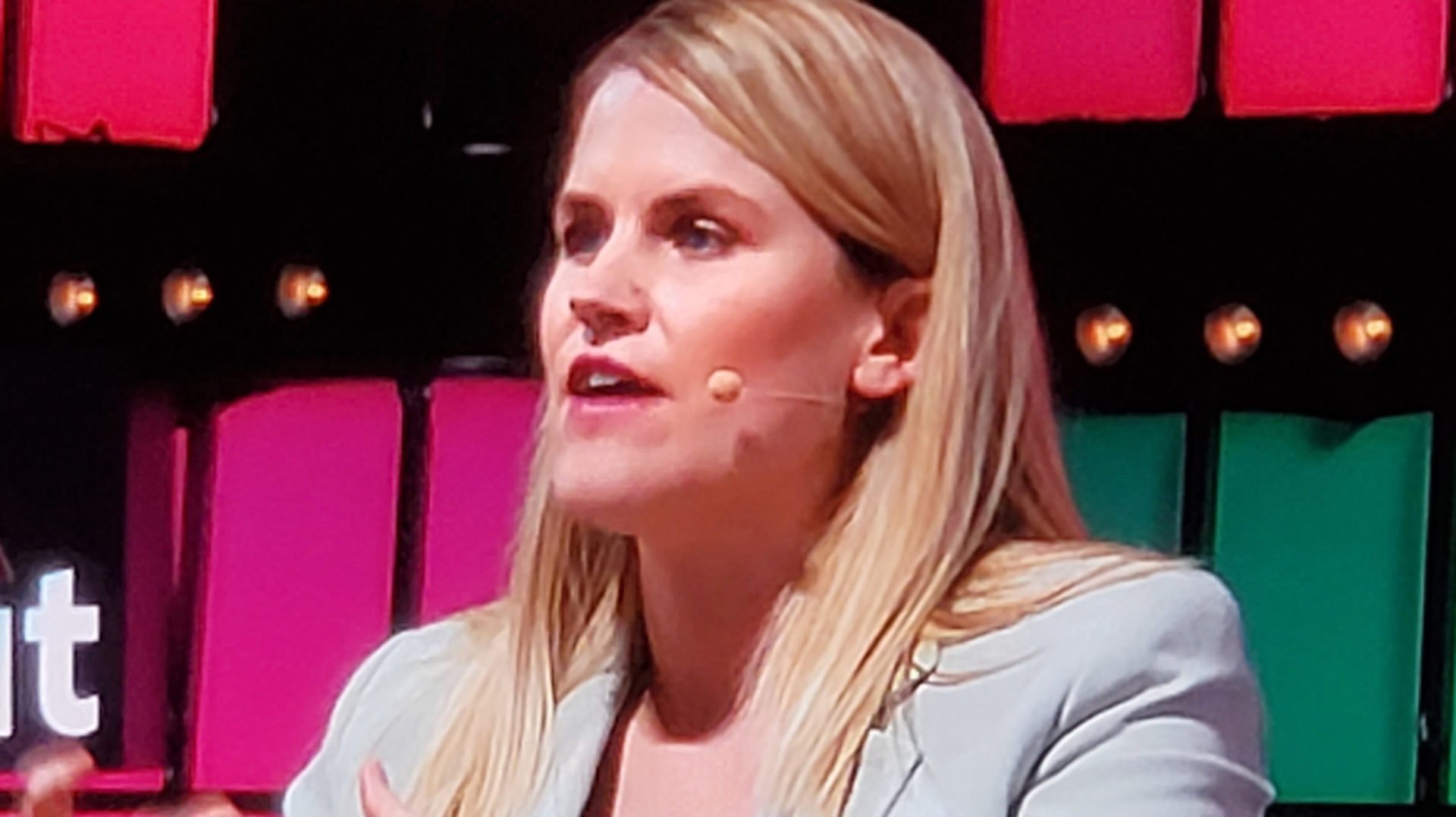The Wall Street Journal captures this cautionary, calamitous climate with this headline:
“Silicon Valley Investors Give Startups Survival Advice for Downturn.”
Thanks, buddy.
It’s the financial equivalent of the Uvalde cops handing those tragically undefended kids survival guides for a mass shooting.
Yes, this is an uncertain moment, what with the collapse of tech stocks (and crypto) in the public markets; inflation and rate increases; war in Ukraine and supply chain disruptions; and the grim particulates of despair in the air.
Maybe I missed something, but didn’t these putatively visionary venture capitalists – at Sequoia and elsewhere – invest in their portfolio companies for the long haul? Didn’t they believe they had the leadership, innovation, and market fit to transcend roller-coaster moments – no matter how cardiac-jolting they might be?
And wasn’t that exactly what they told their limited partners, given that the rule of thumb is that exits require seven-to-ten years of strategic investment and growth, defined by prudent impatience.
Last time I looked, venture capitalists are not supposed to be Gorilla-glued to the Dow Jones, but rather focused on the future, creating the land where their bets are supposed to pay off.
What we’re seeing is a stunning abrogation of that responsibility. Venture investors were the ones who kept the liquor cabinet unlocked and poured the booze at the teenage parties. And now they are playing the Captain Renault role – they are shocked, shocked that there are nutso valuations in venture land.

The fact is that in none of the ominous decks I’ve seen – packed with largely simplistic advice like cut costs and husband resources – do they concede their activist role in fueling what they now characterize as an irresponsible funding orgy.
They need to own it. They don’t. By contrast, they blame the markets.
Recently, Y Combinator told its portfolio companies “Understand that the poor public market performance of tech companies significantly impacts VC investing.” Translation: in the short-term absence of start-ups being able to take advantage of the helium-fueled equity markets – the greater fool theory – you’re on your own.
By no means is YC alone; venture firms are heading out of Dodge with the migratory unanimity of starlings in a murmuration.
CNBC rightly notes that this moment is “a stark contrast to 2021 when investors were rushing into pre-IPO companies at sky-high valuations, deal-making was happening at a frenzied pace and buzzy software start-ups were commanding multiples of 100 times revenue.

VCs are supposed to be among the smartest people to roam the planet with Tesla autopilot. But they were the ones who pushed for growth at any cost, comfortable that their closeness with bankers would continue to create the pipeline IPOs at the reckless levels CBC noted.
In fact, their dire pronunciamentos are acting as self-fulfilling prophecies or performative utterances. Generative spirals are being created.
Venture partners can’t rewind the clock, those who were the most undisciplined should be transparent about their culpability in yet another epidemic of tulipomania.
But there is also a great deal they can do to help their companies win.
Self-Interest Alert: They should be encouraging their companies with the best prospects to revisit their marketing; mediocre marketing might have been enough in the era of bottomless liquidity pools and rocket-ship growth. It’s far from enough now. (I will follow up this piece with one dedicated to the need for hotter marketing in cooler times.)
To be clear, I am not saying that every start-up deserves to succeed, and in fact, the current climate will serve a much-needed, blunt Darwinian role.
The reality of a finite amount of capital demands that it be allocated to those start-ups with the best business models, leadership, and likelihood of success over the venture time horizon.
If that’s the encoded message in the scorching decks that venture funds are sending to their dry-kindling CEOs – that they will be the victims of controlled-burn fires – it isn’t being well-communicated.
VCs should be aggressively investing in those companies that are well-positioned to succeed in the future. This is a chance to gain market share and mindshare.
As for the rest, there is no reason for drain-circling startups to spend down to the last penny. Better to Kevorkian them – a verb I plan to use more often, starting now – and send some money back to their investors.
It’s well-known that at least 75% of start-up investments fail.
Why wait for the inevitable?
This article originally appeared in Adam Hanft’s Substack newsletter Unmute.















